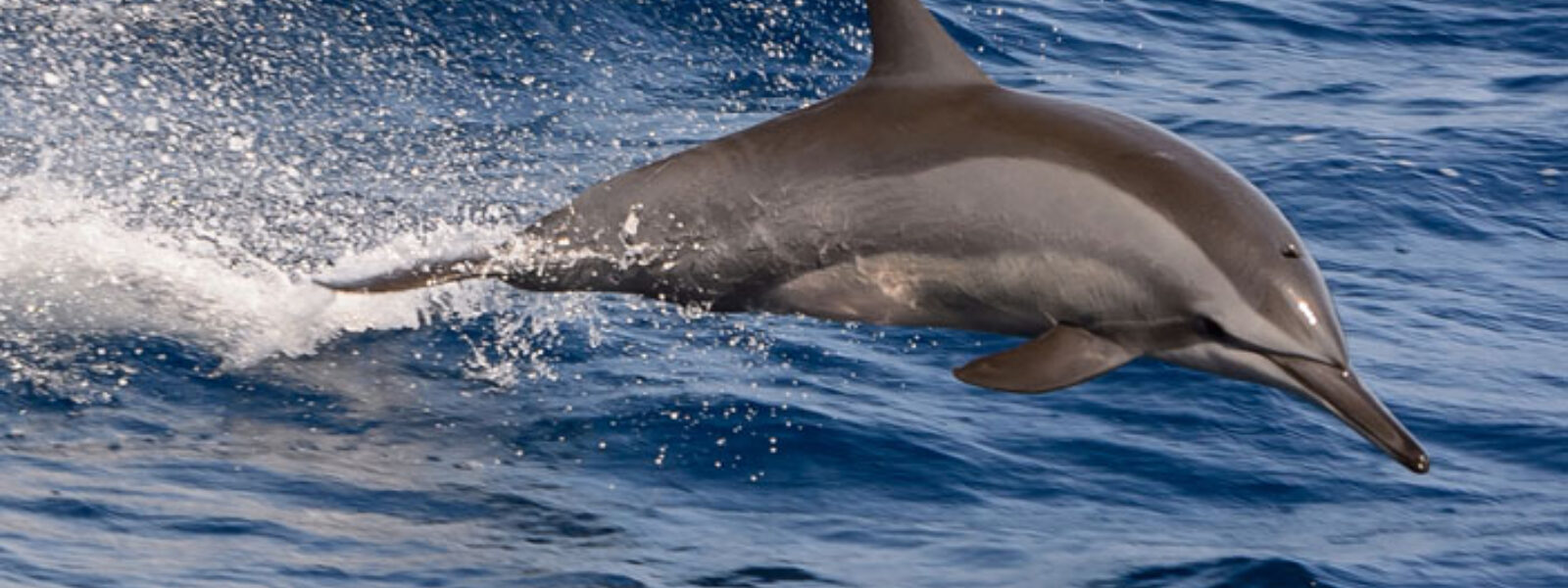

According to Inside the Games.biz, Japan recently opened a pre-Olympics test event with live performing dolphins, captives caught in the bloody hunts of Taiji, as documented in the Academy Award-winning movie, The Cove.
Couldn’t be more embarrassed with what I’m witnessing. We are sailors, and apparently a ‘green’ sport @worldsailing #sorrynature #openingceremony �� pic.twitter.com/3hgF1eXEAq
— Luke Patience (@patience_luke) September 9, 2018
“It is a crucial reminder of how the Japanese government and the Japanese Olympic Committee are exploiting dolphins and whales, in defiance of the rest of the world,” stated David Phillips, Executive Director of the International Marine Mammal Project, of Earth Island Institute. “These dolphins are kept hungry in order to do the tricks. They are kept in inhumane confinement in small, highly chlorinated concrete tanks. And, worse, they were captured in the most inhumane way possible, torn from the wild and their families, who are slaughtered without mercy.”
The sponsor of the event, World Sailing, has issued an apology expressing its disappointment with the use of captive dolphins. Luke Patience, a British sailor who filmed the event, said that he was “embarrassed with what I was witnessing.”
The International Marine Mammal Project is calling on the Japanese government to end the killing of whales and dolphins ahead of the 2020 Olympics. The organization is also calling for Japan to ban sale of whale and dolphin meat, which are contaminated by high levels of mercury and PCBs, and any further use of captive dolphins at events for the 2020 Tokyo Olympics.
“The keeping of dolphins in captivity is terribly stressful and inhumane for dolphins,” said Mark J. Palmer, Associate Director of the International Marine Mammal Project. “They are highly intelligent animals, they roam large areas of the ocean, and they have very close family ties. Captivity puts them in very small, highly chlorinated tanks with non-related dolphins, to perform tricks for the public. If they do not perform the tricks, they do not eat.”
“More importantly,” Palmer added, “Japan sources their captive dolphins from the bloody drive hunts and slaughter in the town of Taiji, Japan. The best ‘show-quality’ dolphins are picked out from the pods for a lifetime in captivity — the rest are slaughtered for their meat, despite the fact that dolphin (and a lot of whale) meat is highly contaminated with mercury that exceeds World Health Organization and EU standards for human consumption by orders of magnitude.”
The killing of whales and dolphins have been condemned repeatedly by the governments of the European Union, Australia, New Zealand, the United States, Israel, and many nations in Latin America. The International Whaling Commission (IWC) is meeting in Brazil this week, and Japan is proposing to lift the moratorium on commercial killing of whales that has been in place since 1986.
Japan’s whaling has been deemed illegal by the International Court of Justice in The Hague. Repeated IWC resolutions have called on Japan to halt whaling. Millions of people around the world have signed petitions urging the Japan government to end whaling and dolphin hunting.
Japan should give up its whale and dolphin hunts, and stop exploiting captive dolphins for entertainment, or face public censure at the 2020 Tokyo Olympics, when the world’s media will be focused on the country.